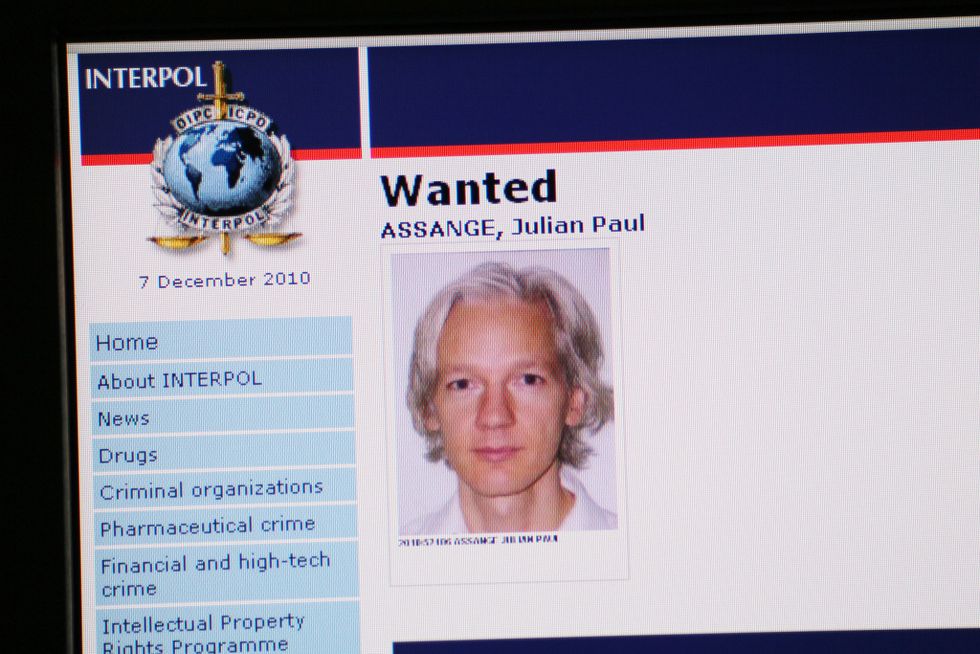Thursday, WikiLeaks founder Julian Assange was arrested in the Ecuadorian Embassy in London by U.K. authorities. The arrest was carried out on behalf of the United States in connection to the 2010 publication of classified military documents provided by former intelligence professional Chelsea Manning.
The U.S. cites a warrant filed in 2018 in the Eastern District of Virginia charging Assange with one count of Conspiracy to Commit Computer Intrusion, in violation of portions of Title 18, U.S. Code.
Although the U.S. is pushing for extradition, Assange is wanted for crimes in the U.K. as well. In 2010, the Swedish government extended an international warrant for Assange on the basis of rape; although Assange surrendered to U.K. officials shortly after, he failed to appear in court and sought refuge inside the Ecuadorian Embassy. Sweden dropped the investigation in 2017, but the U.K. has upheld its warrant for Assange on the basis of breaching the terms of his bail.
It has been nearly seven years since Assange retreated into the Ecuadorian Embassy; in 2018, he even became an Ecuadorian citizen. Asylum was withdrawn this week, with President Lenín Moreno citing "repeated violations of international conventions."
Many, like U.S. whistleblower Edward Snowden, feel that Assange's arrest is a result of undue influence exerted by the U.S. Snowden took to Twitter, calling the incident a "dark moment for press freedom."
Snowden particularly criticized Ecuadorian officials' decision to invite British officers into the Embassy for the purpose of arresting Assange. Also on Twitter, WikiLeaks has warned of the "Assange Precedent," stating that the incident will "open the floodgates" to the stifling of press freedoms in favor of the presidency-- not only within the United States, but worldwide.
Comment has yet to be made by the White House in connection to the case.




















 sunrise
StableDiffusion
sunrise
StableDiffusion
 bonfire friends
StableDiffusion
bonfire friends
StableDiffusion
 sadness
StableDiffusion
sadness
StableDiffusion

 purple skies
StableDiffusion
purple skies
StableDiffusion

 true love
StableDiffusion
true love
StableDiffusion
 My Cheerleader
StableDiffusion
My Cheerleader
StableDiffusion
 womans transformation to happiness and love
StableDiffusion
womans transformation to happiness and love
StableDiffusion
 future life together of adventures
StableDiffusion
future life together of adventures
StableDiffusion
















